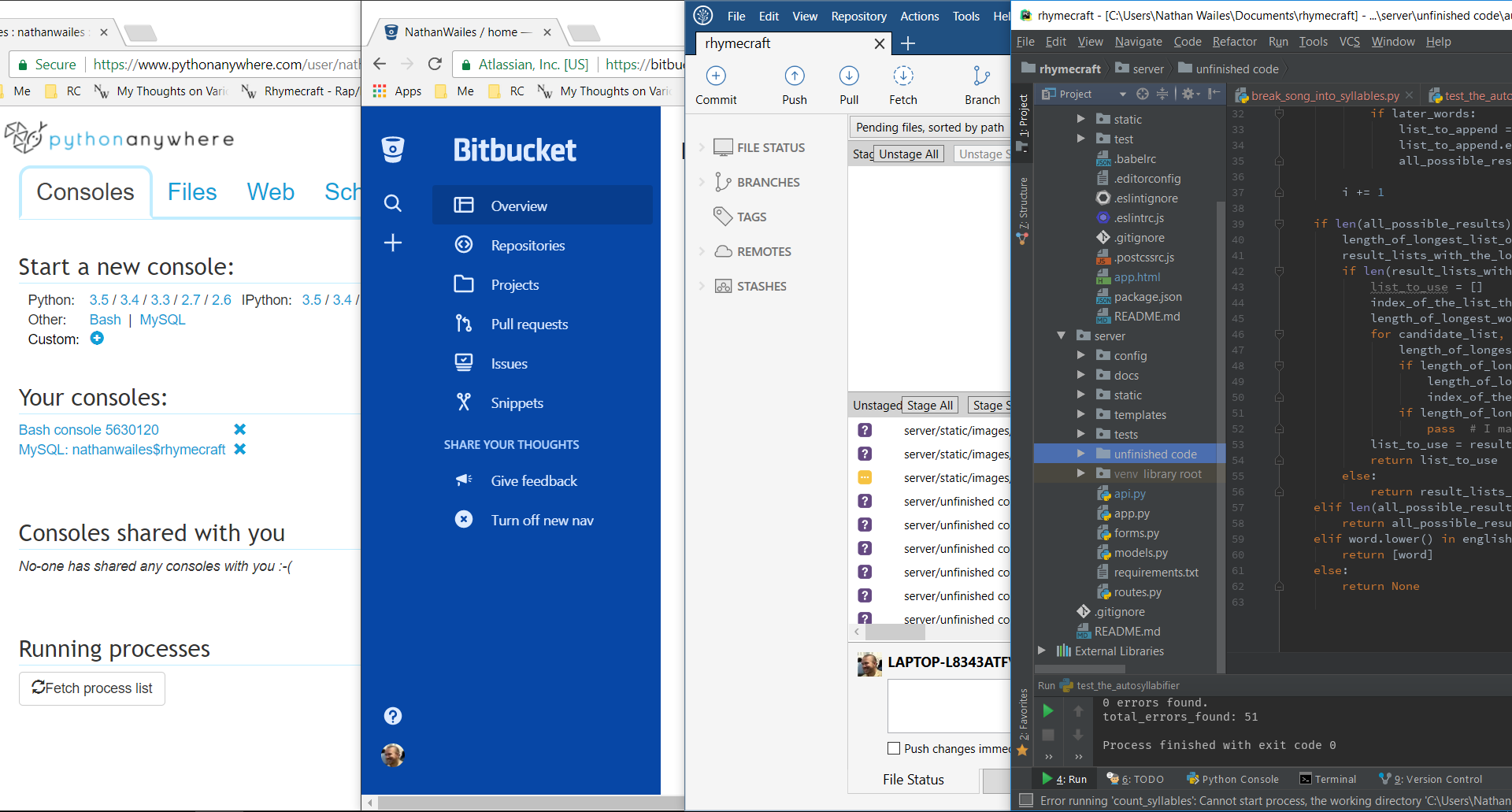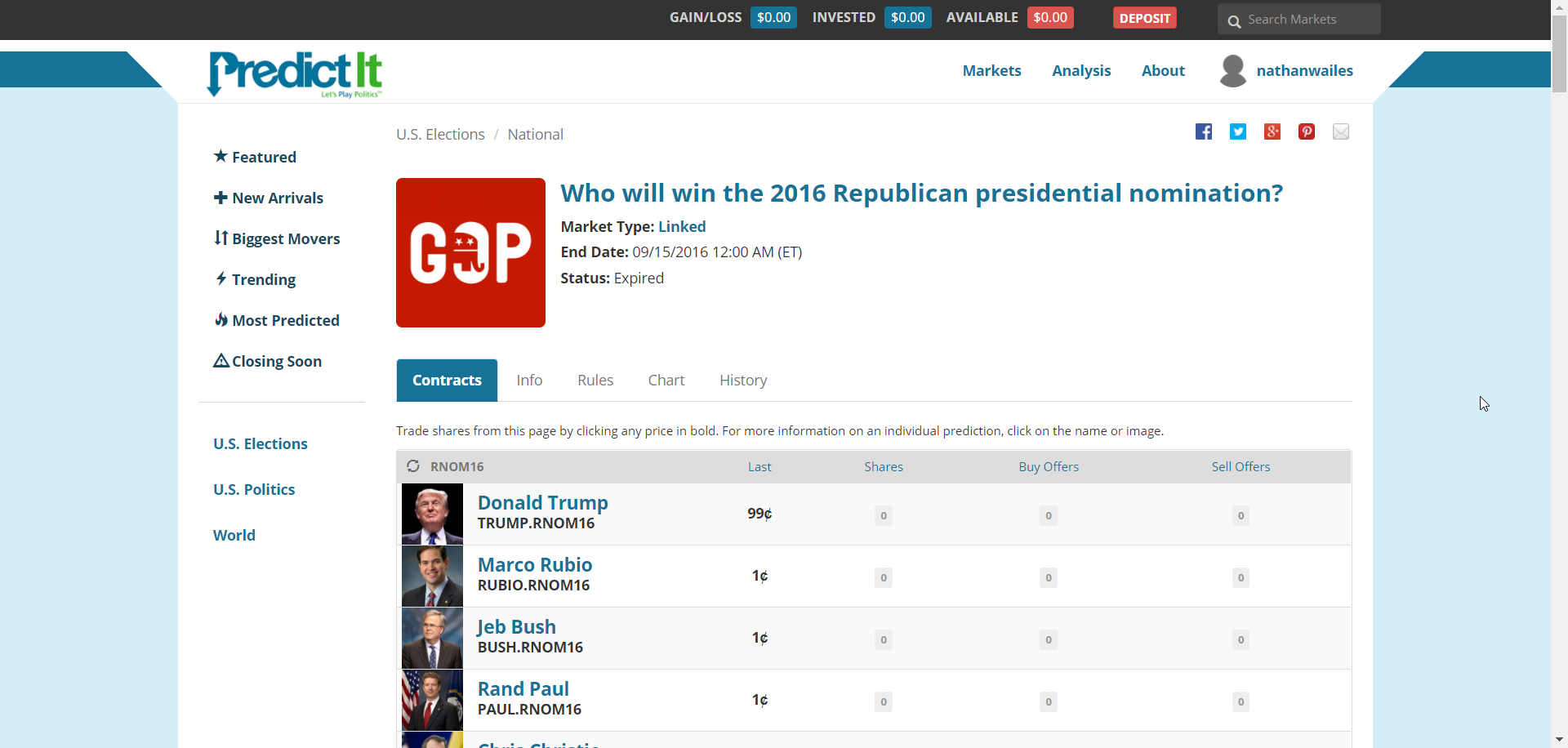On Sunday I had my first-ever alcoholic drink on my own initiative, without being prompted by someone to drink (it was a Stella Artois in the fridge at work).
I decided to try it as an experiment to see if it would take away this anxious feeling I’ve been getting for years when I’m trying to program and I’m running into one error after another; the feeling ends up making me procrastinate really heavily, to the point where I’ll go an entire day without getting anything done.
I got the idea from reading Mark Zuckerberg’s blog posts from when he was creating Face Mash, in which he seems to describe drinking to take away the anxiety of not having your code working: “It’s taking a few tries to compile the script…another Beck’s is in order.“.
Well, it seemed to work. I’m not sure if it was just the placebo effect or not. I didn’t finish the beer. I’ll probably keep experimenting with it. Obviously it’s something to be careful with.
Update 2023: I’ve discovered that stimulants in general seem capable of dulling that feeling of anxiety that comes from having things not working. I’ve recently been experimenting with caffeine (tea, coffee) and found it to have a similar effect. It’s not clear to me yet if it’s something that subsides as you develop a tolerance for the stimulant. Based on the number of successful indie hackers I see drinking coffee every day, my guess is that the effect stays strong enough to make it worth continuing to consume caffeine for that benefit, even after developing a tolerance for it.
If you found this interesting, you can follow me on Twitter.



